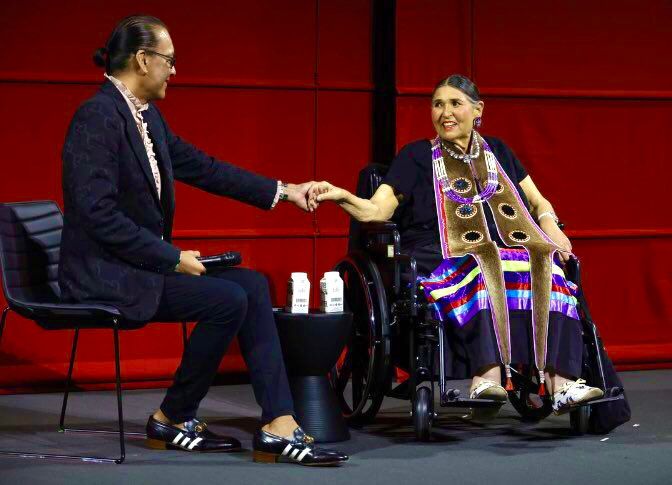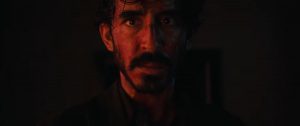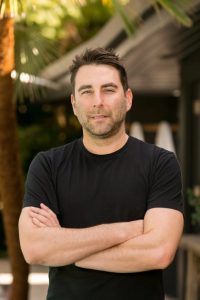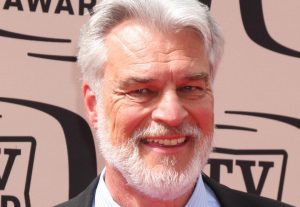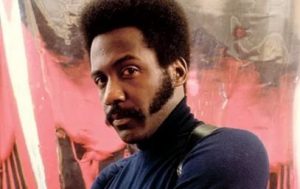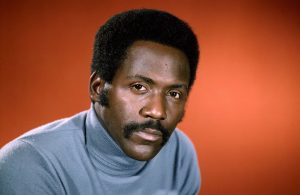The Academy on Saturday hosted Sacheen Littlefeather at its museum for an evening organised in her honour. This was the culmination of the organization’s efforts to make amends with the actress and activist who was expelled from the business for speaking out against the mistreatment of Native Americans in film and in society at large.
What followed was a nearly two-hour programme at the David Geffen Theater that saw Native people and culture take centre stage and provided an intimate look into the community to which Littlefeather has dedicated her life.
Attendees included a mixed crowd of people indigenous to and originating from lands beyond what is now known as the United States.
Also Read| Woody Allen’s Oscar speech post 9/11: Love Letter to New York in the Movies
What happened at the Academy Awards in 1973?
Marlon Brando was nominated for best actor for his role as Vito Corleone in The Godfather, but he did not attend as a protest in support of Native American rights, inspired in part by the American Indian Movement’s ongoing two-month occupation of the site of the 1890 Wounded Knee massacre (AIM). Instead of accepting the statuette from presenters Roger Moore and Liv Ullmann, Littlefeather delivered a brief speech in which she cited Brando’s stance as a result of “the treatment of American Indians today by the film industry… and on television, in movie reruns, and also with recent happenings at Wounded Knee.”
The speech was met with jeers from the audience, and Littlefeather, then 26 years old, later said that security officers had to stop actor John Wayne from attacking her backstage as other people made derogatory gestures.
Also Read| Steven Speilberg’s The Fablemans wins the 2022 People’s Choice Award
“The abuse you received as a result of this statement was unjustified and unwarranted.” The emotional toll you’ve endured, as well as the cost to your own career in our industry, are irreversible. For far too long, your bravery has gone unnoticed. We sincerely apologise and express our admiration for this.” The Academy has also planned an evening of “conversation, reflection, healing, and celebration,” with Littlefeather appearing alongside Bird Runningwater, co-chair of the Academy’s Indigenous Alliance.
Littlefeather said in 2021 that Brando had given her an eight-page speech to recite if he won and that she had arrived at the ceremony just before the announcement of the winner. She improvised a speech instead after Howard Koch, the show’s director, told her she could only have 60 seconds. She added that she had given Brando a commitment not to touch the statuette. “I ascended there like a woman warrior. With the grace, beauty, courage, and humility of my people, I went up there. I expressed myself honestly.
“Regarding the Academy’s apology to me, we Indians are very patient people – it’s only been 50 years!” Littlefeather, now 75, responded, “we must maintain our sense of humour at all times. It’s our only means of survival.”
When Littlefeather herself took the stage, Stewart choked up as she introduced her. The subsequent minute-plus standing ovation was a stark contrast to the boos Littlefeather heard the last time she attended an Academy function. Littlefeather, who is now in a wheelchair, maintained the same kindness and unflappable demeanour as when she was 26 years old and made the first political remark ever made onstage at the Oscars. The elder talked haltingly, with some shortness of breath but with no lack of wit, in her conversation with producer Bird Runningwater , co-chair of the Academy’s Indigenous Alliance and the first person to contact Littlefeather on behalf of the Academy.
The Academy’s former and current presidents, David Rubin and Janet Yang, respectively, then went on stage to publicly apologise to Littlefeather on behalf of the group. Rubin read the letter of apology that was initially privately presented to Littlefeather in June, thanking Runningwater, producer Heather Rae, the other members of the Indigenous Alliance, as well as staff members including Academy executive vp impact and inclusion Jeanell English. Yang then spoke, choking back tears:
“Our support, celebration and recognition of Native American and Indigenous communities and storytellers do not end today. We are building a future of film that is collaborative, conversational and solutions-oriented. Representation without inclusion or access is not enough. I am so honored to be here with you today and look forward to our future, one which you have greatly inspired. I would like to also reiterate our apology and our gratitude towards you.”
Littlefeather responded by requesting a standing ovation from all the in-theater Native Americans. Nearly half of the room rose to their feet. She addressed the audience, saying, “I am here receiving this apology, not only for me alone but as acknowledgment, recognising that it was not only for me but for all of our nations who also need to hear and deserve this apology tonight. Observe our people. Be proud of the fact that we can all stand as survivors as you look at one another. Please always bear in mind that by standing up for what you believe in, you will be preserving my voice as well as the voices of our nations and people when I am gone.”
Also Read| Woody Allen: Myriad controversies follow master filmmaker
After the programme, which was free and open to the public, the 300 invited guests, friends of Littlefeather, filmmakers, artists, and representatives of neighbourhood organisations like the Los Angeles County/City Native American Indian Commission, International Indigenous Youth Council, IllumiNative, and Meztli Projects including many more.

